Social Media policies are becoming a standard document for employees to sign when joining a new company. Businesses of all sizes are adapting this practice to protect their business and manage behavior of their employees who are using social as apart of their jobs or while outside of the workplace. While Social Media policies vary greatly from company to company, one common theme seems to arise in employees who receive these documents – fear. Many immediately think that their company is trying to monitor and control every photo, post or tweet. For a vast majority of companies, this is not the intention of a Social Media policy.
A Social Media policy is generally created as a guideline for employees and creates a set of expectations for appropriate behavior for them to follow when posting on Social Media sites. SocialMediaToday.com wrote an article that gave a template for Social Media policies and this phrase stood out to me “…please keep in mind that our overall goal is simple: to participate online in a respectful, relevant way that protects our reputation and of course follows the letter and spirit of the law.” It does not say, if you post something we don’t like, you will get fired. However, that’s what many employees think a Social Media policy is all about.
Source: paulbromford.wordpress.com viaDorlee on Pinterest
So before you go running for the hills, here’s a general overview of what most Social Media policies will ask you to do:
Mind Your Manors:
While most Social Media site have a “delete” button, it only takes a second for an image or post to spread throughout Social Media cyberspace. While posting photos from a co-workers birthday party may seem “fun,” think of your overall corporate culture and the image you’re portraying. Even if you’re not posting it directly onto your business page, you never know who is friends with who, and where those images might end up. Overall, use common sense when posting on Social Media – is this something you’d want your boss to see? Will it effect your business, or yourself, negatively. If the answer is yes, don’t post it.
Source: prdaily.com viaLouise on Pinterest
Don’t Be a Copy Cat:
Many people do not respect copyright laws on the internet. Would you want a stranger to post your image without your permission? Of course not. Just because the content is available on the internet doesn’t mean you have permission to post anything and everything. Use photo and website credits and cover all your bases.
Source: marketingtechblog.com viaViaspire on Pinterest
Be Yourself:
Authenticity is a word I use a lot when I talk about the tone on a Social Media platform. If you’re in a company with many people who post on one Social Media page, identify yourself. It’s as simple as adding your name to the end of a post or tweet. Allowing that personal connection will help your Social Media page feel more “human.” Also, it will work in your favor if a questionable post ever needs to be addressed.
Source: flickr.com viaKatherine on Pinterest
Add Value:
Post content that has meaning and is relevant to your business. Make your fans and followers feel rewarded for communicating with you. There will surely be criticism and negative comments – turn those around as best as you can. Offer a solution or show sympathy to followers who have a complaint – they often times just want to be heard and acknowledged.
Source: tumblr.com viaTizzle My on Pinterest
Ask Your Point Person:
Any good Social Media policy will have a point person that’s assigned to answer any questions. If you don’t know how to respond to a situation or have a question about the policy, all you have to do is ask!
~Allyson









